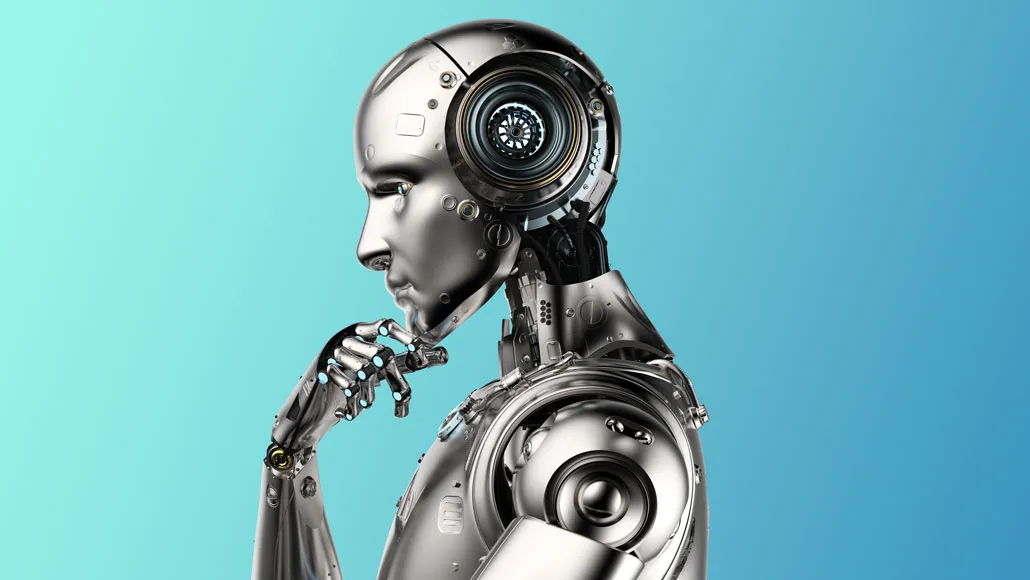A will to survive might take AI to the next level
Researchers argue that the biological principle of homeostasis would make for smarter robots

Robots with feelings might develop more advanced thinking abilities, too, neuroscientists propose.
PhonlamaiPhoto/iStock/Getty Images Plus
